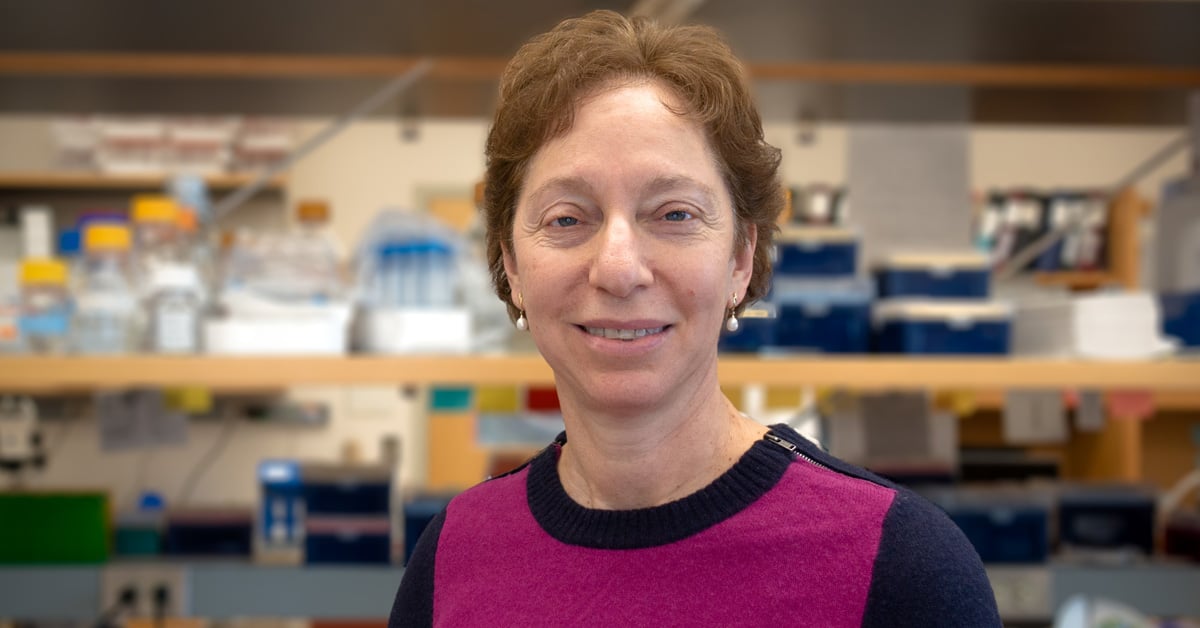Leukemia
Leukemia is a cancer of the body’s blood cells and is sometimes referred to as blood cancer. It occurs when blood cells undergo abnormal changes and become leukemia cells (known as blasts) that ultimately interrupt healthy blood cell development. This causes the body to have difficulty producing new blood cells. In addition, the leukemia cells can invade different parts of the body. Both of these processes lead to symptoms of illness.
There are several different types of leukemia. Leukemia that affects a particular type of white blood cell called lymphocytes is known as lymphoblastic or lymphocytic, while leukemia that affects other types of white blood cells is called myelogenous or myeloid. Leukemia can also either grow quickly (acute) or slowly (chronic). Leukemia is the most commonly diagnosed cancer in children younger than 15 years of age. Acute lymphocytic leukemia (ALL) in particular is the most common subtype of leukemia in children.
The most commonly diagnosed types of pediatric leukemia are:
- Acute lymphoblastic leukemia (ALL)
- Acute myelogenous leukemia (AML)
- Chronic myelogenous leukemia (CML)
In the News
-

LISTEN: Innovations in pediatric cancer research at UMass Medical School
Read more













